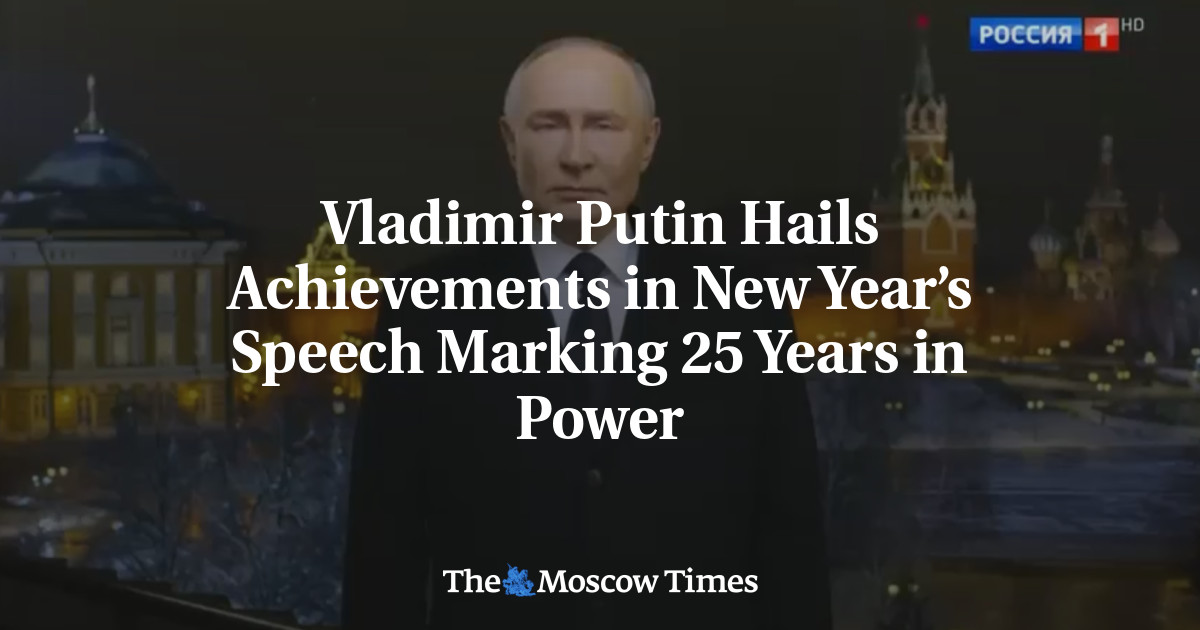One of Bob Dylan’s greatest tricks, in a career full of them, is his endless provocation of academic charlatans, credulous journalists, and his army of Aspergerian superfans. Those opaque lyrics and infrequent interviews—full of tall and contradictory tales, deeply entertaining and obviously false—have left a trail of breadcrumbs that lead off a cliff. Nevertheless, this has somehow managed to produce reams of overdrawn academic interpretations (“the jurisprudence of Bob Dylan!”) and the occasional chin-stroking film portrait (It’s Cate Blanchett as young Bob!).
When I uncovered pop science writer Jonah Lehrer’s fabrications about Dylan in 2012—invented quotes from nonexistent archives that supposedly identified the “neuroscience” behind Bob’s genius—I was surprised that Lehrer hadn’t dismissed his own fabulism as a meta-tribute to a great fabulist. Why make anything up when interpreting a man who made everything up? With minimal quote-mining, one can create endless iterations of Dylan: left-wing or right-wing, evangelical Christian or messianic Jew, civil rights activist or subterranean racist.
A Complete Unknown, director James Mangold’s biographical film charting Dylan’s early career, from his 1961 arrival in New York City to his infamous 1965 appearance at the Newport Folk Festival, provides a necessary and slightly boring corrective. At last, a straightforward and unpretentious vision of Dylan, respectfully sanitized by Hollywood and supposedly sanctified by the man himself. But it misses a major point about the man and the political scene that fostered his talent—and why he broke with it to go his own way.
Enjoying the story?
Enter your email to read this article and receive our daily newsletter.

 By The Free Press | Created at 2025-01-05 18:28:47 | Updated at 2025-01-07 09:37:35
1 day ago
By The Free Press | Created at 2025-01-05 18:28:47 | Updated at 2025-01-07 09:37:35
1 day ago







